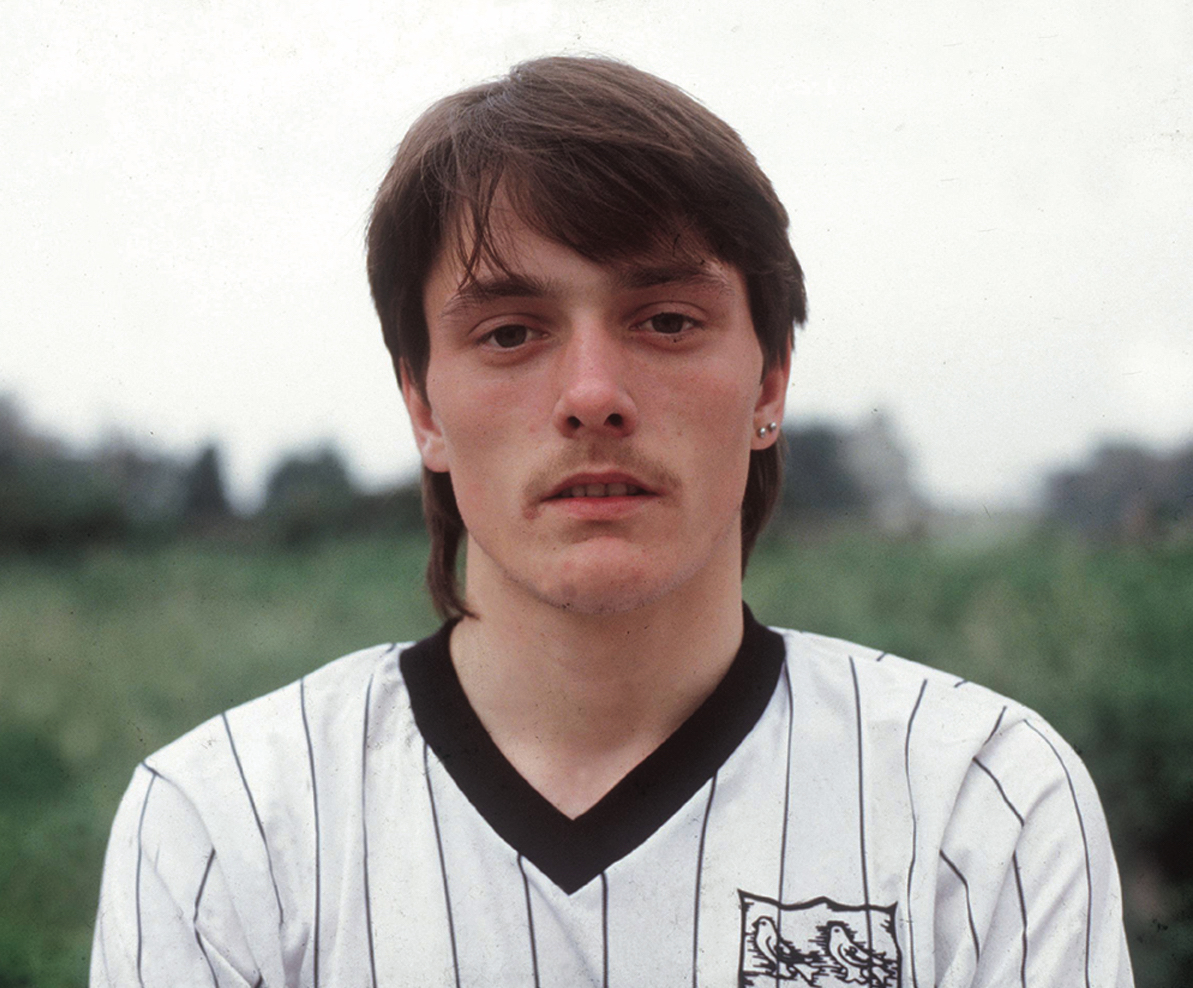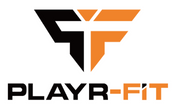It’s 35 years ago since Dundalk staged their very own ‘Easter Rising’ in an unforgettable league game with Derry City at Oriel Park on Easter Monday. Two goals down, and with their title hopes in disarray, Turlough O’Connor’s side responded with three goals in the final 13 minutes to spark scenes of jubilation and claim a famous win that helped the Lilywhites to the league title. We take a look back at one of the most famous games of football played at the old ground, a day when the ‘Oriel Roar’ was born!
In the spring of 1988, Dundalk looked jittery, to say the least! After beating Shelbourne 1-0 at Oriel Park on February 21st, the team’s form fell off a cliff and a dismal run of three draws and two defeats from their next five games left their title hopes hanging by a thread. With Barry Kehoe injured, Turlough O’Connor’s side looked bereft of a spark and a similarly meagre return of just two goals in those five matches suggested that Dundalk had hit the wall at a crucial juncture of the campaign.
Problems on the field were matched by antagonism off it and O’Connor was forced to tackle hostility from sections of the crowd who weren’t happy that his brother Michael was preferred over hometown hero Dessie Gorman and Paul Newe. When O’Connor was substituted in a 1-1 draw with Waterford at Oriel Park on St Patrick’s Day, his older brother left the dugout to admonish the Oriel faithful who cheered the decision!
Things went from bad to worse just three days later when the Lilywhites surrendered top spot to Bohemians after a 2-0 defeat away to Galway United. The Tribesmen were managed by Lilywhites legend Richie Blackmore and speaking afterwards, the former Dundalk goalkeeper heaped more pressure on his old employers, saying: “As soon as the pressure comes on the (Dundalk) players, they collapse.”
With just three league games remaining, the heat was well and truly on and the last thing O’Connor and his team needed was an FAI Cup double header against Cork City but they rolled up their sleeves and dug in. An ill-tempered scoreless draw at Oriel Park on March 27th – which saw Newe sent off and Gorman hospitalised – was followed by a 1-0 win in the replay at Turner’s Cross just three days later. Martin Murray scored the important goal but Terry Eviston was the hero on the night. After shipping a heavy blow in the game at Oriel, the Dubliner required six stitches and couldn’t see out of one eye, but he went against medical advice to play and still had the vision to supply the cross for Murray’s winner.
The win on Leeside was the perfect tonic ahead of two games in the space of three days over the Easter weekend. First up was a trip to Dublin to face reigning champions Shamrock Rovers at Tolka Park on Easter Saturday, followed by the visit of Derry City to Oriel Park on Easter Monday. Both games were pencilled in for 3.30pm starts. Many were expecting a ferocious battle between the reigning champions and the champions-elect but the game in Drumcondra proved to be something of an anti-climax as Dundalk weathered the Rovers storm to win 1-0 thanks to a John Cleary penalty. It was a sign of things to come.

According to Terry Conlon in The Argus, ‘A sparsely populated Tolka Park took on the appearance of an end-of-season match, rather than two sides heading for the championship. The celebrations, in the end, belonged to the Dundalk supporters who far outnumbered the home faithful, now reduced to a trickle and easy to understand why the heart has gone out of this great Hoops side.’ Later in his report, Conlon described the Hoops’ display as ‘one of the tamest surrenders’ he had ever seen from a Rovers side.
That win meant that Dundalk started Easter Monday a point adrift of league leaders Bohemians, albeit with a game in hand. With The Gypsies at home to a struggling Sligo Rovers team, there was a feeling of anxiety around Oriel Park when Derry’s South African, Owen Da Gama, opened the scoring after 14 minutes when he pounced on a mix-up between Alan O’Neill and John Cleary to tap home. When Da Gama added a second in the 56th minute, firing home after Jonathan Speake’s effort had come back off the woodwork, the vast majority of the 2,500 in Oriel felt it was curtains – especially as Bohs were winning at home to Sligo.
Two goals down on the day, and potentially three points adrift of the summit with just two games to play, Dundalk looked dead and buried but when Gino Lawless powered a header past Stuart Roberts with 13 minutes remaining, the resurrection had begun. “After Derry’s second goal I could just see our whole season going up in smoke… and then Gino scored,” said Alan O’Neill. “To get a draw would have been tremendous but to win the way we did was out of this world.”
The equaliser arrived six minutes later when Larry Wyse, described by Liam Kelly in the Irish Press as ‘the game’s outstanding player, took off on a driving run through the middle’ before playing a pass to Martin Murray and his cross was fired home by Barry Kehoe. As Kevin Mulligan stated in his match report for The Argus, ‘Now the impossible was possible’ and so it proved in the final minute when Dessie Gorman slipped the ball over Roberts to spark mass hysteria. The Argus described the scenes as the ‘most remarkable the ground has ever witnessed. Spectators on the field, chairing the players to the dressing rooms, and others dancing in the stands and on the terraces. Nobody wanted to go home.”
Many of the fans who were involved in the celebrations were heading for the exit gates before Lawless pulled one back. “I had started leaving The Shed and was behind the goal when Gino forced the ball home,” recalled Niall Thomas. “I ran back to the Shed and the next 10 minutes was mad. It was fairytale stuff.”

Dessie Gorman. Photo by Ray McManus / SPORTSFILE
Garrett Begley was in a similar position. “Myself and Jason McGorman were making our way out of the ground from The Shed,” he said. “The frustration and disappointment was unreal. We would have been as far as behind the goals when Dessie hit the back of the net. Extraordinary scenes followed. The greatest finish I’ve ever seen at Oriel.”
David Rafferty was another who had given up the ghost, saying: “We were two-nil down when my father and I started walking towards the exit gate on the Carrick Road. By the time we got there, we were winning 3-2! It was an incredible match. I will never forget the noise in the ground that day. Memories are made of days like that.” “Unbelievable scenes that day,” recalled supporter Johnny Foran. “Two-nil down, my dad turned around to me and said ‘Son, never leave a game, no matter what the score is.’ After Dessie Gorman scored the winner, Oriel erupted.”
The atmosphere inside the Dundalk dressing room was just as euphoric. “Snatching victory is what dreams are made of,” said Wyse. “Magnificent, unbelievable…I have never seen a finish like it,” beamed Turlough O’Connor. After criticising the supporters just weeks earlier, the Dundalk manager hailed the Oriel Park crowd for their support on the day. “They willed us on to get those two last goals,” he said. “I have not come across support like this before. If only we could train that support in every game.”
His words were echoed by chairman Eamonn Hiney. “In all my time with the club, I have never heard the crowd get behind the team like that. I am convinced now that they can spur us on to win the title.” In his report for the Irish Independent, Liam Kelly tried to find the words to sum the game up, writing: ‘Inside 13 glorious heart-stopping minutes at Oriel Park, 11 Dundalk heroes elevated an already exciting Opel League Premier Division match to the proportions of legend.’
The momentum propelled Dundalk towards the finishing line and four days after the ‘Rising’, Gorman settled a hard-fought FAI Cup semi-final first leg against St Patrick’s Athletic at Oriel Park with the winning goal. “The double is on,” said ‘The Dundalk Hawk’ afterwards, and that assertion was backed up on April 13th when Dundalk hammered Bray Wanderers 5-1 at Oriel Park in their penultimate league game before they finished the cup job against Pat’s at Richmond Park on April 21st with Gorman, Kehoe and Murray on target to secure a 4-0 aggregate win and a place in the showpiece against Derry City.

Pat’s were the opponents at Oriel again four nights later in what proved to be a title decider and Gorman again hit the target, his downward header beating Dave Henderson and securing the point Dundalk needed to lift the club’s first league title in six years. Twelve days later, on May 1st, they completed the double for the second time as John Cleary’s penalty sank Derry City in the FAI Cup final at Dalymount Park.
For many supporters, however, the Easter Monday clash with the Candystripes was the standout moment of an unforgettable season – even for those who missed it in person, like James McEneaney. “I remember being utterly crestfallen that I had to work that afternoon,” he said. “I never missed a game in Oriel, and the thought of not being there with my brothers and friends – for that game – broke my heart. Derry were two goals up when I went to work and I was feeling ‘Maybe it’s just as well I missed it?’
“Later that afternoon, I’m sitting in the back of the work car when I noticed my friend and neighbour Jim Keating driving behind us. I mouthed ‘What was the score?’ to him and he put up three fingers and then two. I thought we had been narrowly beaten and when he noticed my disappointment he shook his head and pointed at himself and mouthed ‘No, for us!’ I roared and jumped about the car like a lunatic and banged my head off the roof in the process! I’ll never get over not being there, and I would love to see a recording if there is one, but the result made the pain much easier to bear!”
Claire Ward described it as one of her ‘favourite games ever.’ “It’ll never be forgotten,” she said. “So much emotion by the players and supporters at the final whistle. Oriel erupted!” Decades later, it’s a game that is still talked about. “About 20 years later I had the ‘pleasure’ of getting a taxi across Dublin in peak rush hour traffic,” said Alan Bailey, “and I spent the whole time talking to the driver – Gino Lawless, about that particular game and the 1988 double. What a legend.”
The finest description came in The Argus, via the pen of Kevin Mulligan: ‘Grown men were on their feet hugging their neighbour, fans were dancing around the terraces in delight, and the Derry fans, boisterous earlier on, were buried in a chorus of sound. It was, and will always remain, the greatest comeback of all time. The great escape.’













Leave A Comment
You must be logged in to post a comment.